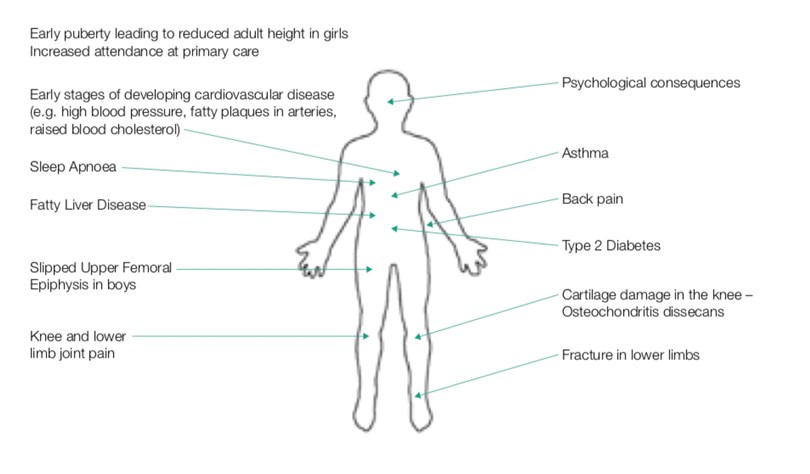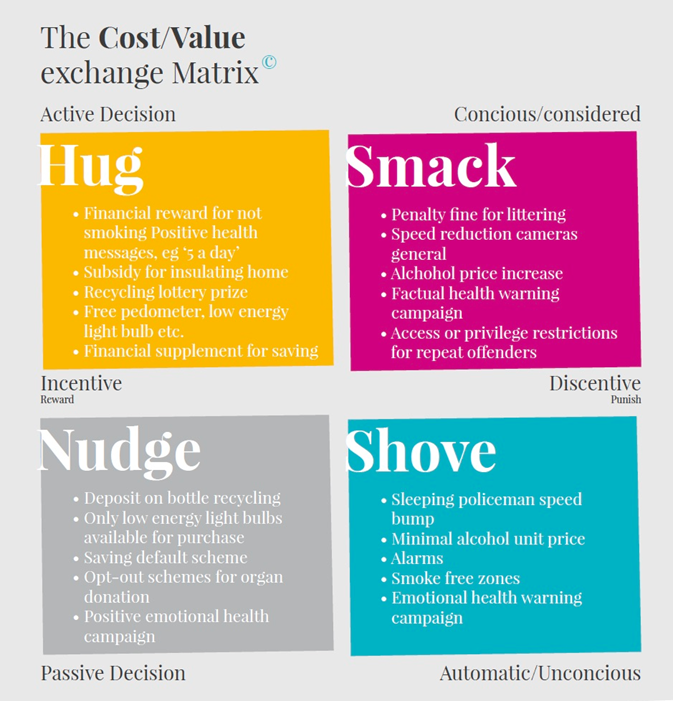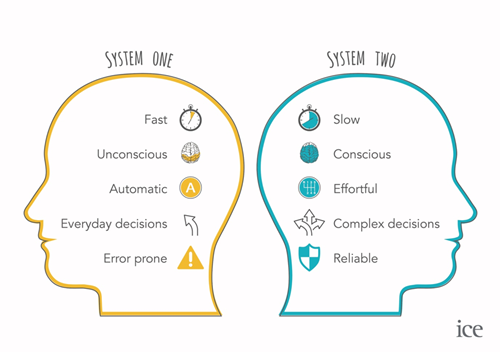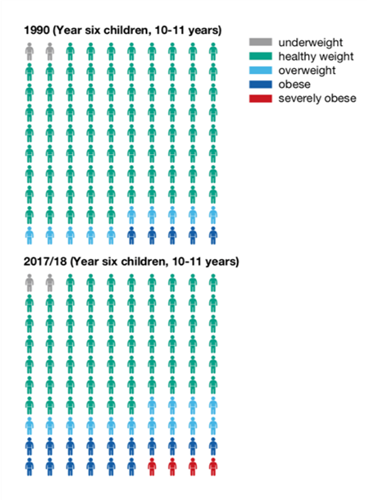Being overweight or obese in childhood has profound impacts on the health and life chances of our children.
Yet we live in a democracy where free choice is a democratic right and the consequences of those choices seems to be everyone responsibility! In my view, Professor Dame Sally Davies makes the right point, we live in a society where we are (as a population) addicted to sugar, high carbohydrate diet.
Seven months ago, I swapped to a very low sugar and carb lifestyle, (sometimes called KETO, it is similar to the 800 diet from Michael Mosley). For the first 4-5 days I had the sweats as my body moved off the carbs and started to burn fat instead. I have to say the change in both my weight, my mental health and general feeling of energy has remained high, I don’t even feel hungry…
I share this personal story as an empathy view. I was addicted to sugar and carbs and I wasn’t eating that much processed food.
The facts
Consequences of childhood obesity on health
Many children who are obese or overweight suffer physical health issues, including type 2 diabetes, asthma and musculoskeletal pain, and experience mental health problems, such as depression. These affect the quality of our children’s lives, their education and their life chances. In later life, these can reduce their productivity, earnings and shorten their lives.

The Agenda
The Government is setting out an approach to public service delivery that emphasises the power of civic society to tackle the big social challenges that we face. This approach is placing more emphasis on the need to:
1. Realign many of the current social programmes so that they reflect the power of a ‘Society’ response to social challenges rather than a State dominated solution.
2. Develop supportive, not coercive, approaches to better health and well-being and the appropriate use of public services.
3. Develop approaches that maximise both choices and responsibility.
4. Develop targeted and segmented interventions aimed at specific groups with a special focus on assisting the poor and young, and in so doing, reduce inequality.
5. Develop approaches that demonstrate savings and value for money. They should be co-created - designed by and with the involvement of the target audiences.
It seems Dame Sally is offering a different interpretation in public space a little like the smoking ban, using what we would term a “SMACK” ( I explain this below) If you try to eat or drink unhealthy snacks on public transport you will faced some type of yet to be explained punishment, a fine or something similar …
The Cost/Value Matrix©
The Cost/Value Matrix© is a conceptual device used by ICECreates.com to represent four different forms of interventions that can be employed to promote change in individuals and groups:
‘Nudge’, ‘Shove’, ‘Hug’ and ‘Smack’.

Most successful social interventions use a mix of these four. It should also be noted that the four forms of intervention are not absolutely distinct.
The matrix is constructed using two axes, active and passive choosing and positive and negative enforcement. In most circumstances what is required is a mix of interventions that work on both the active system two and passive system one mindsets and encompasses both rewards and penalties.

For more information. On the cost value matrix please get in touch with paula.stewart@icecretaes.com and Paula will share our full white paper.
So, what next…
I stand firmly with Dame Sally, we must take positive action in education and behaviour change for ourselves and the future generations, the human body is not designed to consume the level of sugar and carbohydrates that we as a nation consume today. The data is staring us in our faces.
What we have understood in terms of designing for behaviour change is you CANNOT fix people, it doesn’t work, we must ENABLE people, and this needs us to truly understand what is important the people who as a society we need to support to change for not only for their health but for our ability to afford to care for each other.

SO, here is my question for us all...
In terms of your weight and eating, what’s important to you?
I would love to find out
Stuart.jackson@icecreates.com
 collective voice
collective voice